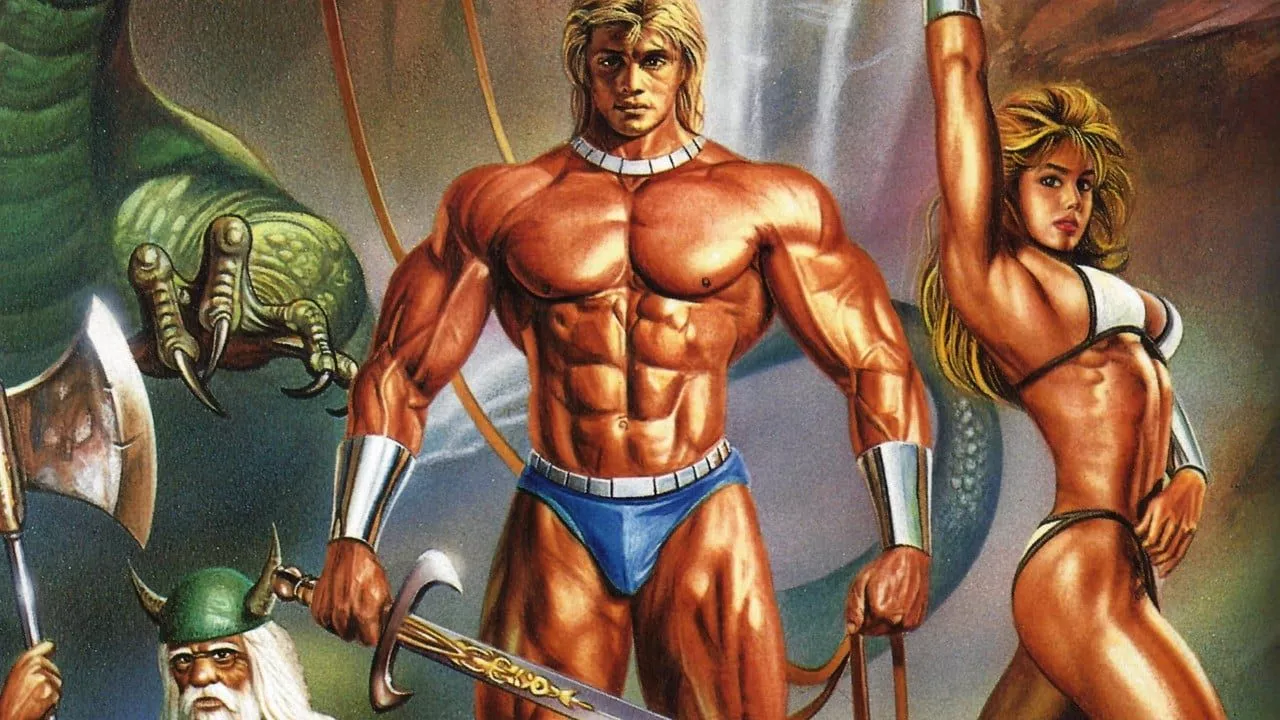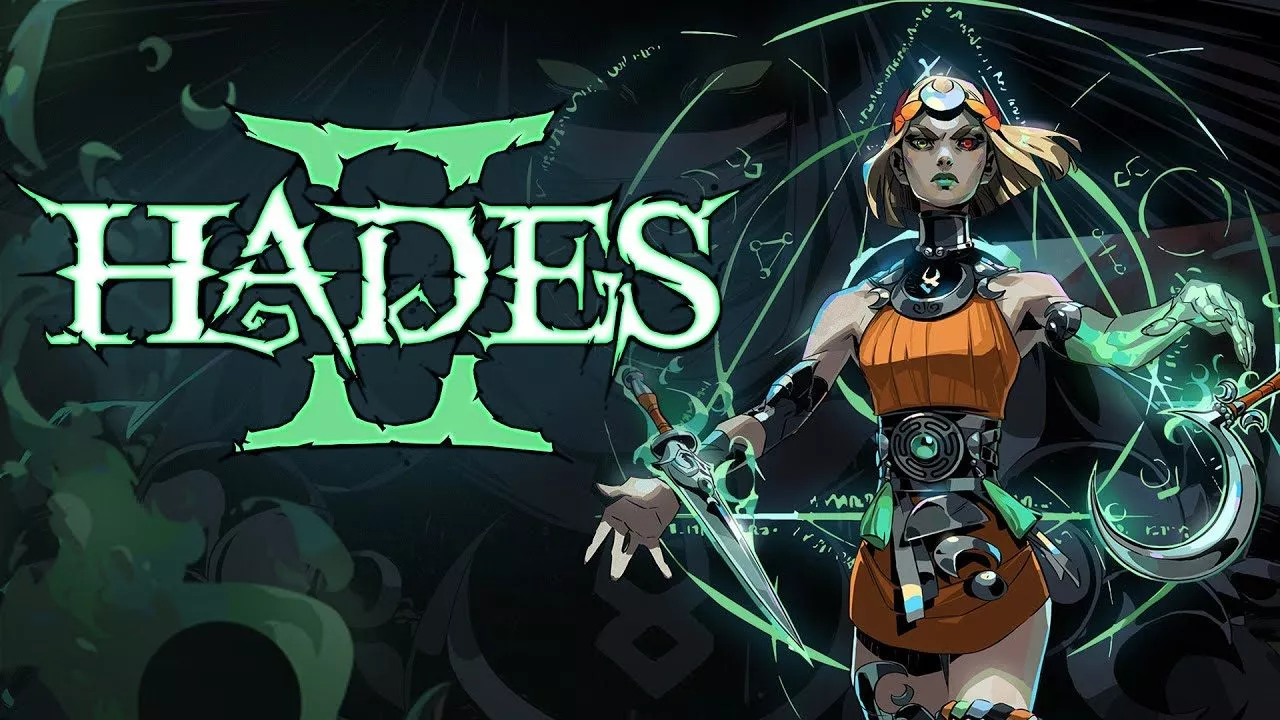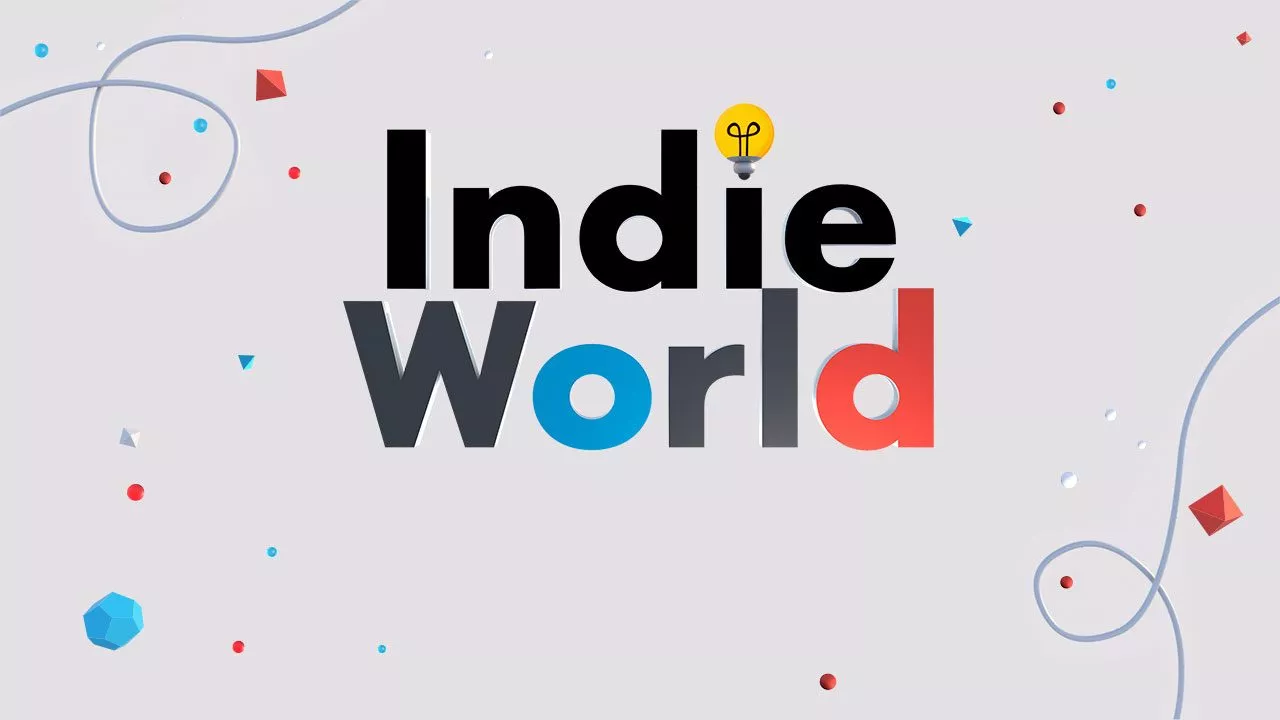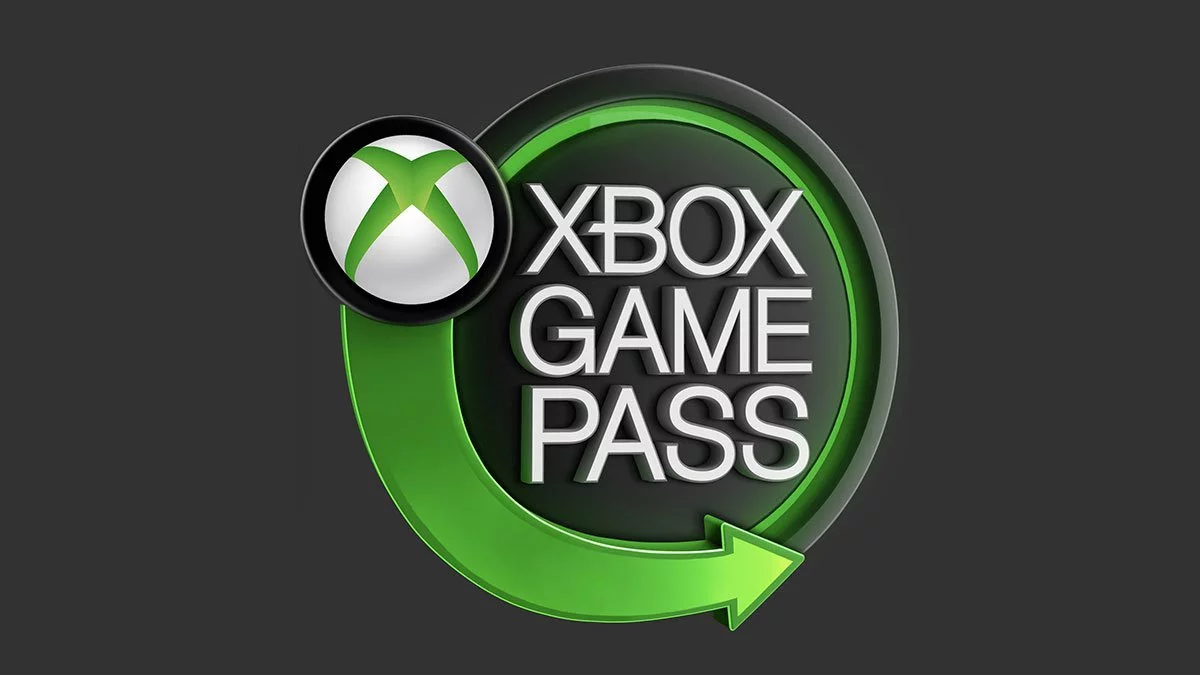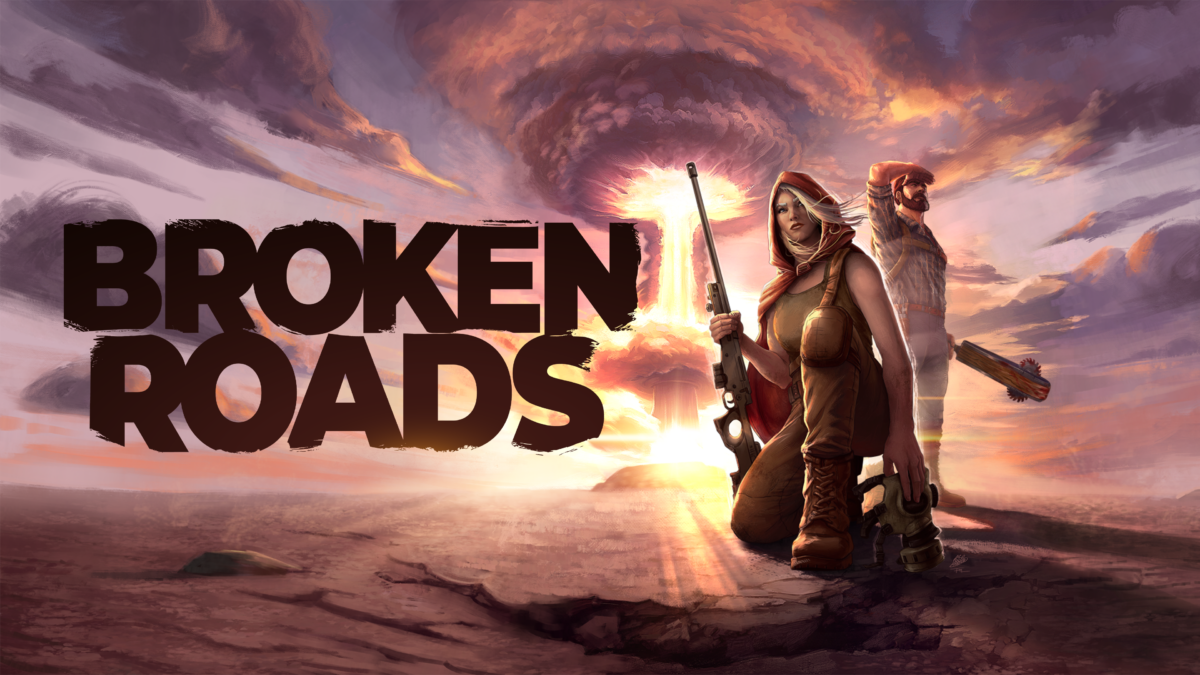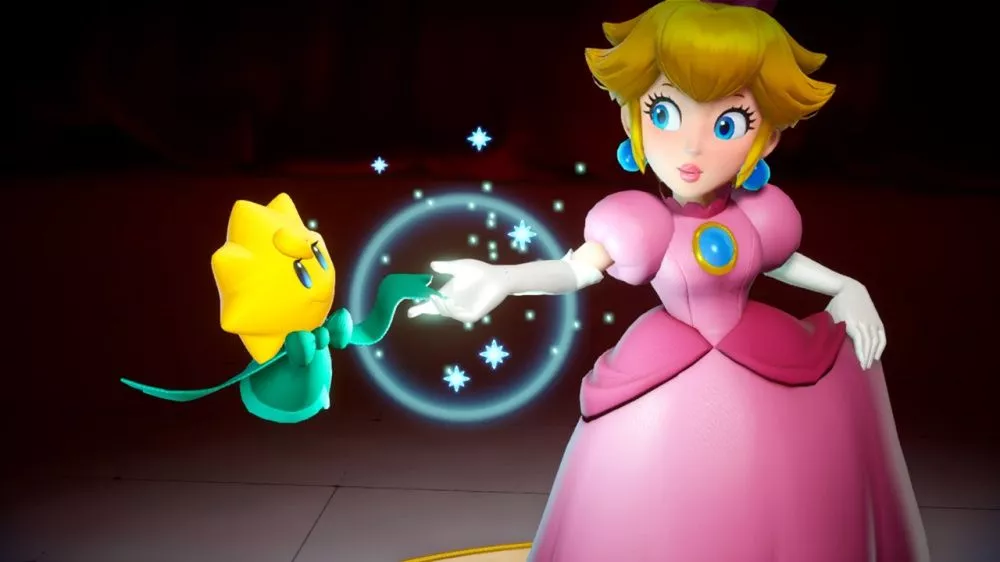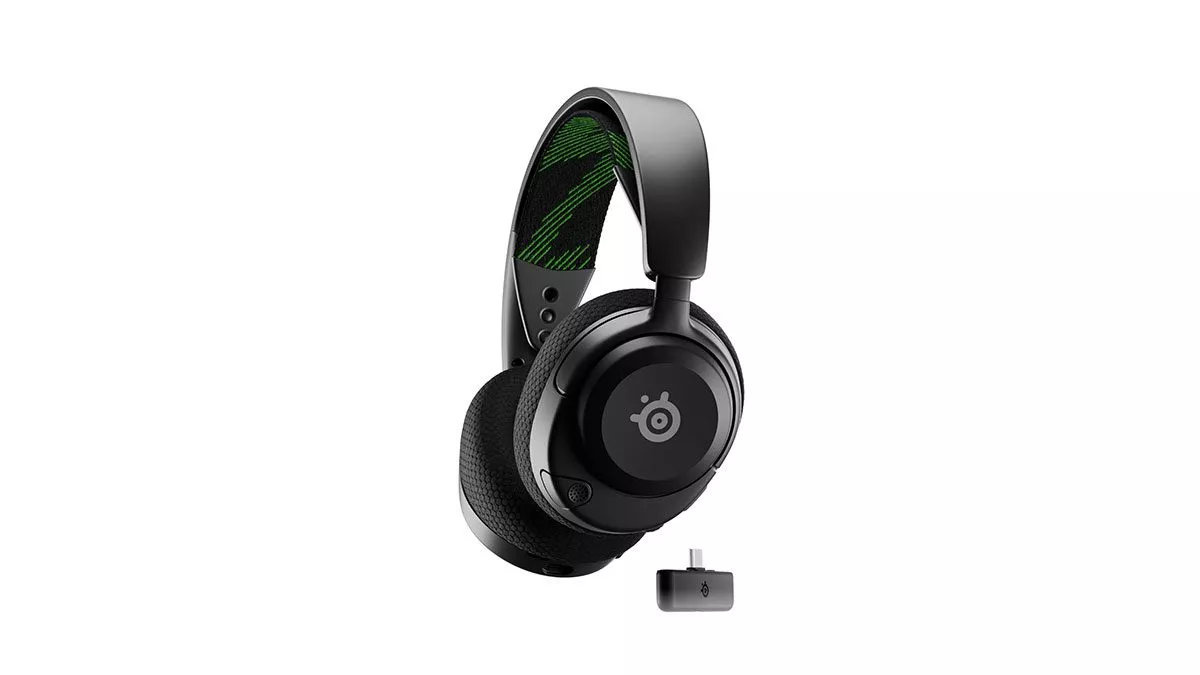Microsoft versus Sony, Battlefield versus Call of Duty and Forza versus Gran Turismo. These are some of the rivalries that can get people talking about console wars. “Game On or Game Over” is your place to get inside the minds of Nicholas and Andy as they seek to find the true meaning of gaming and tackle some of gaming’s most controversial subjects. Both are award winning authors – although the awards haven’t been mailed or created yet — but trust them. Would they lie to you?
Nicholas: Regular readers will know that I’ve never been a big fan of mobile games. Apart from a few times before final exams where I’d play Angry Birds rather than study, I’ve always considered them pointless. I’ve never liked the ads that popped up between every life or level, I never liked the microtransactions and I’ve never understood how games as simple and stupid as Candy Crush got, and stayed so popular. I was happy thinking like this… until I was on holidays two weeks ago.
While on vacation I saw my sister playing a game on her phone called Colour Switch, where you’d tap the screen to make a small ball progress up, and depending on what colour the ball was would determine which colour obstacles you could pass through. In-between each obstacle was a colour switcher and if your ball touched a different colour to what you were you’d lose and have to start the game over again. It was simple and I’m ashamed to admit, it was addictive. I gave it a go and was instantly focused on beating her score. Two days later it was downloaded to my phone, the first game I’ve downloaded to a phone that wasn’t an app for a Xbox One game since 2012.
The point of all this week’s article though isn’t to discuss my blatant hypocrisy or mobile games, but more-so the premise behind games like Colour Switch. Most games today are about an end-goal – completing a storyline, saving your friend and/or defeating an end-boss. With Colour Switch and most mobile games though, it’s about a high score. There’s side-challenges you can complete, but the pull and what makes these addictive is getting that score a point higher than your friend. It made me realise how we haven’t seen these types of games on consoles for a while, but it was all there was with the early Nintendo and Atari titles.
So to kick off this week’s article I wanted to ask you, as someone who enjoys playing alone but also playing co-op, what do you appreciate more from games? Those with an end-goal where you can finish and walk away, or those where the competitive gamer comes out and it’s about high scores? Furthermore, why?
Andy: Hmm, that’s a great question. I would be remiss though if I didn’t say that there is something like this on Xbox already. Those who know me will not be surprised at all of the game I am going to mention, Pinball FX2. Sure, many of the tables have some type of story mode, but the biggest lure for me is making sure I have the top score on a table. I love pinball, I have loved it since I was a little kid and would pour heaps of quarters into a machine just to see my initials up there on the big board. When I first played Pinball FX I wanted to climb those leaderboards more than anything. Once I got a couple of my friends to play it really ramped up the competitiveness. I have had a friend or two tweet or text me a picture of them beating my score and I become obsessed with “fixing” that score.
With that said though, pinball is a rare exception in my gaming life over the past 10 years or so. Aside from pinball I can’t really think of another game where I have obsessed about having the top score on a leaderboard. As you said, I am a single player/co-op gamer. The appeal of multiplayer for me has waned quite a bit over the past couple years. I’ve never really thought about it before, but I guess I would have to say I enjoy an end goal to work towards. I like knowing what the mission objective is, knowing who I have to save, who I have to take out or just where the next mystery location is.
As I sit here and type out my reply, there is one more game that comes to mind about being on top of a leaderboard, Need for Speed. Games like Hot Pursuit and The Run had a great leaderboard system, but the newer NFS games there are so many races that telling a friend you beat one of their scores is like farting into the wind. Sure the leaderboards are there, but for me they don’t matter anymore. Which maybe takes away a little of the fun for that game from me.
Before I get to carried away I want to pause and ask your opinion. Just looking at the Google Play store or the Apple Store there are a plethora of games available, with more added every day. In my completely unscientific research (I scrolled through the first couple pages of games) the vast majority of them don’t seem like they have an end goal. If people didn’t download these games they wouldn’t be made, so it’s reasonable to assume that many people are downloading them which begs the question… why? What do you think is the appeal is with these games? It can’t be just to beat a high score of a friend, because that would imply that all my friends would play the same game and we know that’s not the case. So, what’s the deal?
Nicholas: I think you really hit the nail on the head when you mentioned that the appeal of topping the leaderboard in recent Need For Speed titles has been lost, for the reason that there are too many races and tracking it all becomes too much. I think the importance really lies in keeping it to a minimum, so it’s easy to track and everyone is really vying over that handful of tracks or tables rather than having 100 to you to beat – where you hope you’ll find one people have just overlooked.
To address your question, and it leads on from what I said immediately above, the answer is simplicity. These mobile games, from the origins of Tetris and Snake, to Candy Crush and Colour Switch, are stupidly simple and the essence of ‘pick-up-and-play’. When you’re on the commute to work or procrastinating from study, you don’t want to embark on a Skyrim adventure, but have a few taps of your screen for that quick easy gaming fix. This is why they work, and it’s also the reason, I assume, why they’re appeal extended so far from your typical ‘gamer’, because everyone from your toddler to grandmother can get it instantly.
Thing is though, why there’s no question about these games’ popularity, the question I have surrounds their longevity. When the only goal is getting the best score, do you think these games have the potential to stay interesting for very long? If not, why is that the case? Do you think this is why we see so few AAA-games going down this path anymore?
Andy: I think you’re spot on. When I think of the mobile games I have played, 99.9% of them are flash-in-a-pan type games. Games where I play for a couple days, maybe a couple of weeks and then get bored with them and delete them. I think that also answers my previous question about why there are so many mobile games, and the number being released every day. From a developer standpoint it makes sense of why there are so many games flooding the market on mobile devices. Even if you make 20 mobile games that don’t get traction, you only need one that does to make a lot of money via ads and micro transactions.I want to take this in a little different tangent though, and that is the psychology of games and how mobile games do it perfectly. It’s one of those things that is often overlooked, and from an analyst’s view point, under appreciated. At the start of this topic you used a word that I want to focus on; “addictive”. If you think about it the ‘good’ mobile games are those that make you want to keep playing. Even the simplest games can become addictive given the right framework. There was an article I read a couple years back that compared those addictive mobile games to modern day slot machines. Not in terms of the amount of money they make for the developer, but rather how they utilize bright flashes and ‘reward’ sounds.
I’m not familiar with Colour Switch but I’d assume it uses some type of “reward” on screen like stars or bright flashes and has an accompanying noise when you pass certain parts. Bejeweled is a great example of what I’m talking about. There are currently two mobile games that I play fairly often, Marvel Puzzle Quest and Puzzle and Dragons, and both have those two elements in them. There is a certain satisfaction of getting that reward to pop on the screen, see all the flashes, get the sounds etc. In the study I read it even went so far as to describe the brains reaction to those audio and visual cues and how the brain releases chemicals to satisfy that urge. Like other addictions to sate that urge in the future you need more of those chemicals so you have to play the game longer to get that same feeling.
When you think about it in those terms games become a pretty nefarious entity don’t they? What we think we are playing to casually pass the time is actually something that has wrapped its hands around the inside of our brain and won’t let go. Obviously we’re not going to change the mobile game market, nor do we want to, but what are your thoughts on what I said above? Those noises and flashes can be found in almost every mobile game, pretty interesting when you think about it from that angle isn’t it?
Nicholas: It’s never been something I’ve considered before, but now that you mention it, it’s amazing just how similar the two examples are. On face value I think it’s fairly harmful, but when you bring microtransactions and ad revenue into the mix, it’s a combination of genius and dare I say horror. A lot of people hate poker machines for how they can completely destroy an individual or even their family, but we’d never think of video games in the same vain. Granted, Candy Crush won’t kill your finances, but we’ve all read stories about that one person who received a $1000 credit card bill because they were careless with in-app purchases.
In the case of Colour Switch, it’s been a little over a week since I’ve downloaded it and I’ve not played it for a few days now. That part you mentioned above where you’d play then get over and delete the game is starting to happen with me now, mostly because I’ve gotten a higher score than my friends and truth be told, now that I can’t beat it I can’t be bothered. You mentioned that a lot of mobile games have bright colours and sounds but in the case of this game, there are no colours apart from the obstacles and as far as music is concerned, I muted everything the second I installed it. I wonder, is this the reason why I’ve not experienced the longevity that other people have with these kind of games?
We’re both console gamers though, where I’d wager that the audience for these mobile games are people who are ‘casual gamers’, those without Xbox One’s and PS4s. Instead, they’re targeted towards those people who would otherwise only be looking at Facebook or Twitter when they’re on the way to work. Do you think casual gamers are more susceptible to being lured into these games than your typical ‘gamer’, or do you think we’ve just got short attention spans?
Andy: I don’t think ‘more susceptible’ is the right wording for it really. What I think it is, is that casual gamers (those who play primarily mobile games) are just not as versed as other gamers are on the many tricks developers can use to squeeze out those extra in-app purchases. PC and console gamers have become accustomed to fending off developers sneaky tricks for years, from character skin packs to other add-on content. So when we see gem packs, extra lives, bonus move tokens or what have you we seem them as the hand of the slot machine ready to be pulled. When a casual gamer sees those things, some of them think “Oh I’ll just do it this one time because I’m so close to getting <insert the carrot here>.”
There is a reason why mobile developers love it when they get that one gamer hooked on their game and get them started on the path of in-app purchases. Even the terminology that is bandied about indicates the reason. Those gamers who spend a lot on in-app purchases for what would otherwise be a free-to-play game are literally called ‘whales’. A couple whales are better than 20 small fish who only buy one gem once and never again. When veteran gamers see those in-app/microtransaction items we sigh and think, “Here we go again.” The novelty of buying a new skin, or a super booster pack just doesn’t measure up most of the time to get us to buy things. Partly because we know in a week or two we most likely won’t be playing the game anymore, and partly because the perceived value just isn’t there. So I don’t think anyone is more susceptible, I just think some are more educated on what’s really going on.
I know we try not to do this, but this is one of those times I feel like another person talking about the question may provide a different view, so I want to throw your question back to you. Do you think it’s that the mobile gamers are more susceptible to the in-app stuff, because we are starting to see pretty similar trends with console games too – look at all the DLC options for games like Evolve. Or is it that the developers for console/PC markets have just tweaked the flashing lights/sounds to be a little different so they aren’t as noticeable from the surface so we tend not to treat them the same way in our minds?
Nicholas: I think it boils down to the fact that mobile games, for the greater part, are merely temporary for your typical console or PC-based gamers. Using myself as an example, Colour Switch is only ever something I’ll use to pass the game during the week, but it’ll never be something I’ll sit down and play during the weekend, like Forza Motorsport 6 or Yoshi’s Woolly World (as I’ve been doing for the past month). The reason I’ll never pay for additional fuel in a racing game or lives in another is because mobile games are never a real investment of my time, how far I’ll progress will become irrelevant in a week, month or years’ time, whereas I’ll look back on what I did in Batman Arkham Knight and really appreciate the time I spent on it. I’ll never look back at my top score in Colour Switch with pride unless I’m bragging about it to my younger sister just to frustrate her. I think that’s perhaps the underlying reason why gamers don’t fall trap (for the most part, I assume) to these in-app purchases that your casual gamer might.
You know, in the few days that it’s taken for us to write this article, I’ve can tell you that I’ve not picked up my phone and played Colour Switch for the last two. The temporary interest that we’ve spoken about above has well and truly kicked in with this game, and I only installed it onto my phone within the past fortnight. When I think of why that is, part of it is just me getting bored of losing and not beating my score, but part of it is also I felt a little embarrassed while playing it on the train around others. I always felt like I look like a kid and it’s immature, as opposed to just mindlessly scrolling down my Facebook feed like all the other commuters instead. As we end this week’s article I wanted to get your thoughts on that – overall, do you think some (if not all) mobile games are embarrassing, or like console games, are they there to be enjoyed and shouldn’t be looked down upon? Take away how we’re perceived in public, overall, do you think mobile games are just a bit of mindless fun, or from what we’ve discussed about the flashing lights and noises, are they really just undercover sinister money-making machines?
Andy: Man, that’s a double whammy question isn’t it? Let me tackle the first part though, I absolutely do not think mobile games are embarrassing. But, I also do think many of them, dare I say most of them, are mindless fun time-wasters. When you really think about it though, the vast majority of games are time wasters. I mean, when all is said and done and we complete a game what do you have to show for it? Gamerscore? Bragging rights? A game that’s added to your completion list, or trade-in pile? Sure we have the experiences, the memories and what not… but at the end of the day we still have nothing to show for the hours and hours we play the games regardless of the platform we play them on.
At the same time, just like console and PC games, mobile games are there to make money. We don’t need to look any further than Candy Crush. Through those flashing lights and addictive noises they make a reported $850,000 per day on in-app purchases. The studio which made Candy Crush, and other mobile games reported $1.3 billion dollars in revenue in 2014. Then, as most know, in 2015 they sold the company to Activision for $5.9 billion. No matter how you look at it, that’s a lot of money. Sure that’s an extreme example, but every AAA game would love to have that kind of financial success. Are some of their methods sneaky in order to separate us from our money? Absolutely. The same can be said with console games though. Although it is a little harder for console games to pull off, there are some that still try to do it.
When all is said and done though, we play games because we enjoy them. We don’t have to play them and we don’t have to play them for a long time. If I download a game and play it for two days, two weeks or two months, as long as I had fun then there’s not much more that needs to be said about it. The beauty of mobile games, like you said above, is there is no end goal for most of them. With no real end goal, I am free to play a game and drop it the second I find something else. With mobile games I don’t feel obligated to keep playing them like I would a Fallout, Witcher or Mass Effect-type game. And finding out you don’t like a free game is much better than finding out you don’t like a $60 game. Like I’ve said before and I’ll say again; play what makes you happy regardless of what others say. Now, if you’ll excuse me, my health packs have regenerated in Marvel Puzzle Quest and I have a world to save!
Tune in next time for the next instalment of Game On or Game Over. If you have any ideas for our next article, feel free to contact Andy or Nicholas on Twitter.
This article may contain affiliate links, meaning we could earn a small commission if you click-through and make a purchase. Stevivor is an independent outlet and our journalism is in no way influenced by any advertiser or commercial initiative.


